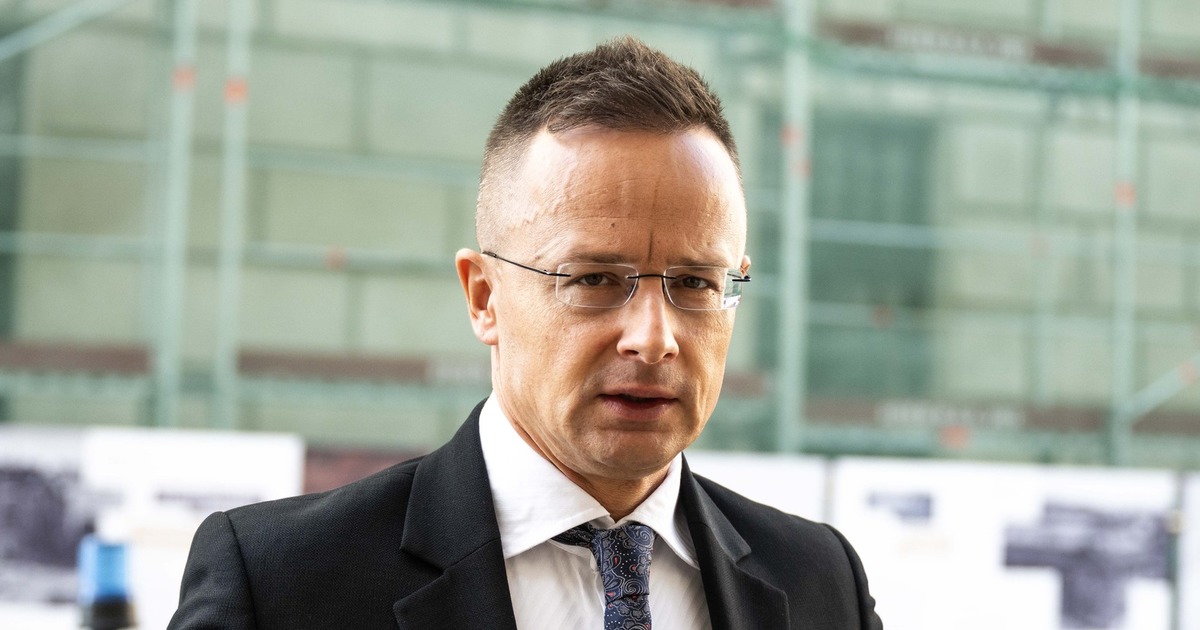According to the Ministry’s announcement, during the meeting of the Group of Friends of the Least Developed Countries in the United Nations General Assembly, the head of the department confirmed that the Hungarian government has launched development programs specific to each country, aimed at supporting affected countries in creating job opportunities and improving the quality of education and living conditions.
He added: “We believe that the best way to restore peace and security is to reduce poverty, create jobs, and promote sustainable growth, thus supporting people to stay and live the lives they want in their countries.”
Peter Szijjarto stated that the Doha Action Plan opens a new chapter in cooperation in this field on the basis of three important principles: solidarity, justice and mutual respect.
He stressed the need to implement development programs on the basis of mutual respect, without donor interference in the internal affairs of the countries they wish to support.
He also explained that since the change of government in 2010, Hungary has increased the amount of official development assistance (ODA) by 247 percent, which has risen in thirteen years from about $114 million to more than $400 million this year, and with its share of national income rising. Total from 0.1 to 0.3 percent.
The Minister then announced that our country offers more than two hundred scholarships for higher education every year to students from the least developed countries, who we hope will later contribute to the development of their country.
The government also spent tens of millions of dollars this year to develop the education and health sectors in the countries concerned, with the main focus on Bangladesh, Ethiopia, Laos and Uganda.
Hungarian companies are also helping with advanced water management, food safety, agricultural technologies and information technology under restricted aid loan programmes, he added.
He stressed that improving the economic situation and living conditions, and creating job opportunities, is a good way to ensure peace and security, thus reducing the chances of armed conflicts and waves of mass migration.












































